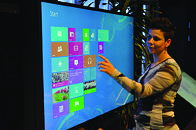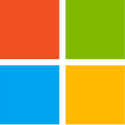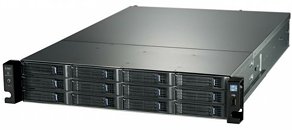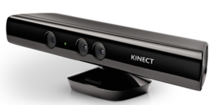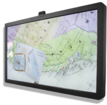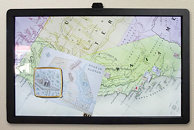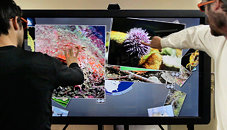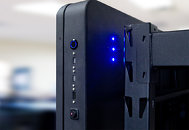Etron Technology Launches an Innovative USB 3.0 Depth-Map Controller Platform
Advanced gesture recognition and sensing technology is coming to the 2013 CES! Etron Technology, Inc. launches its innovative Cougar Platform, a hardware-based USB3.0 Depth-Map Controller Platform with two cameras that enables gesture/skeleton control and 3D-video/image capture and works with various middleware and application software. Since the data size of captured images is too large to be managed by motherboard CPUs, Etron developed this platform for intensive data computation immediately post-sensing with a hardware-based depth-map engine.
As a result, Etron's Cougar Platform works smoothly with X86-based systems and ARM-based systems. It also provides synchronized dual HD (High Definition) video/image capture through a USB3.0 (uncompressed) or USB2.0 (compressed) interface. Etron will demonstrate its Cougar Platform at Booth No. 35114 in South Hall 4 at the Las Vegas Convention Center (LVCC) from January 8th to 11th.
As a result, Etron's Cougar Platform works smoothly with X86-based systems and ARM-based systems. It also provides synchronized dual HD (High Definition) video/image capture through a USB3.0 (uncompressed) or USB2.0 (compressed) interface. Etron will demonstrate its Cougar Platform at Booth No. 35114 in South Hall 4 at the Las Vegas Convention Center (LVCC) from January 8th to 11th.



